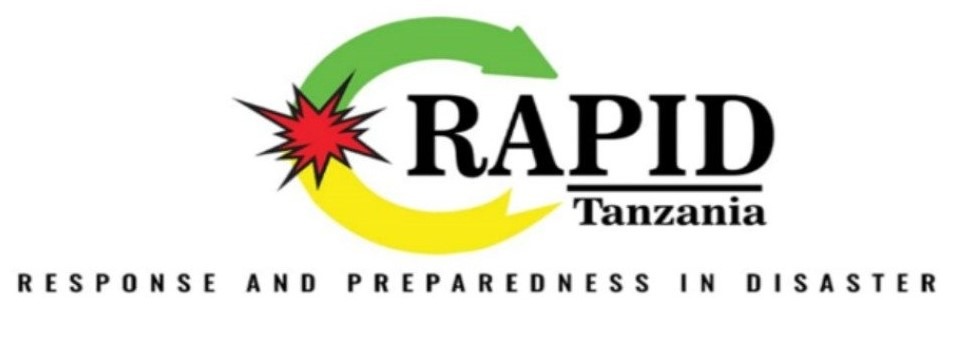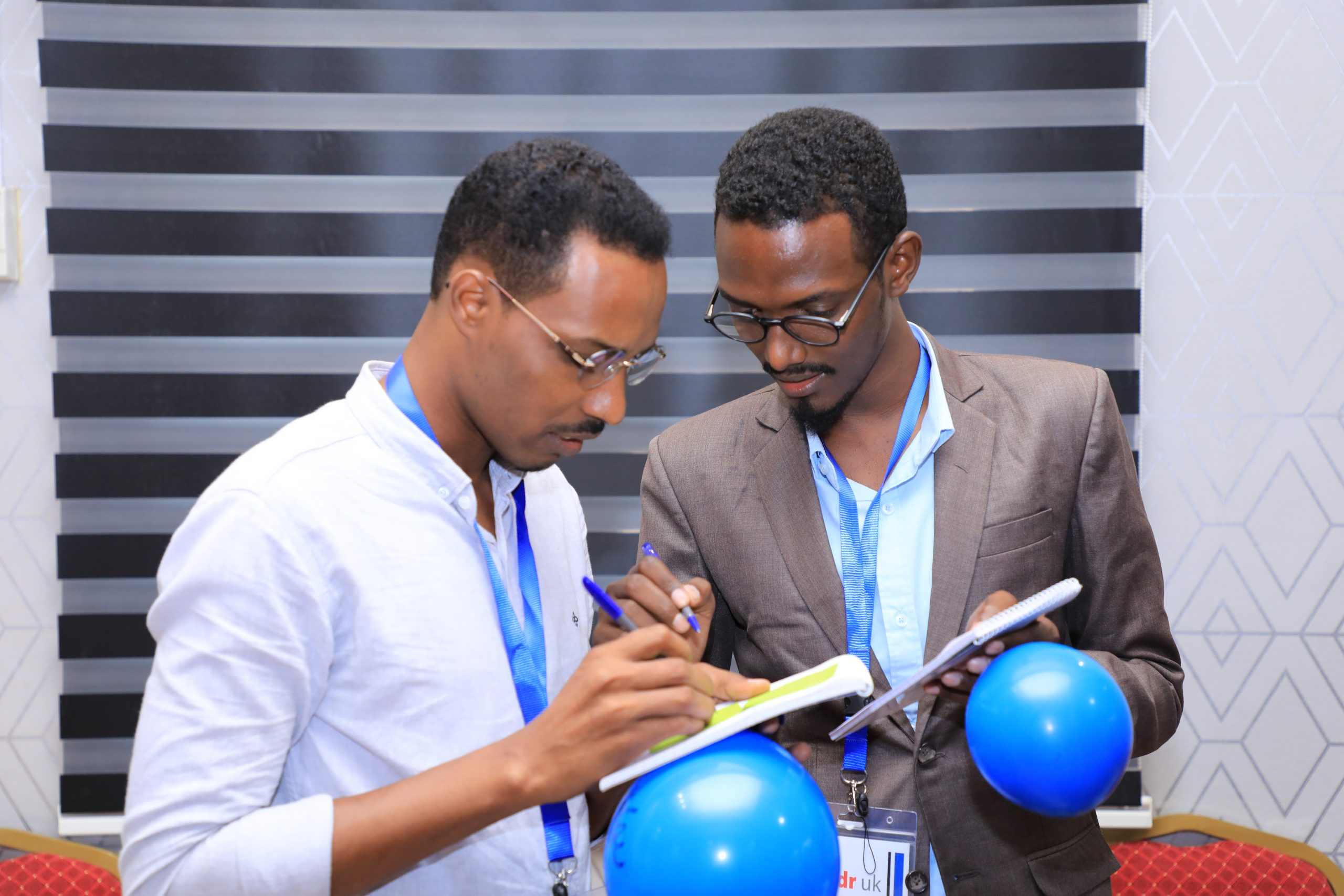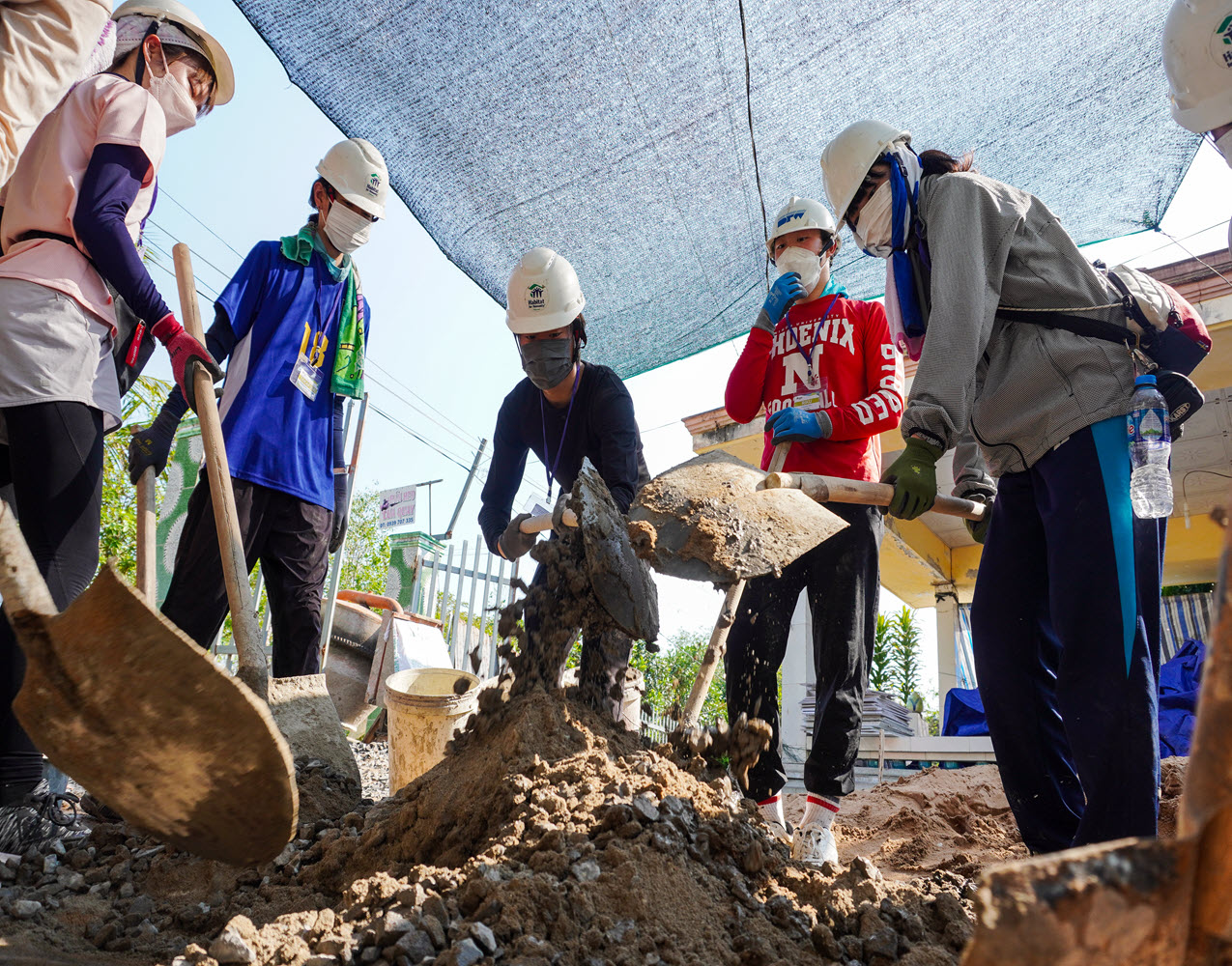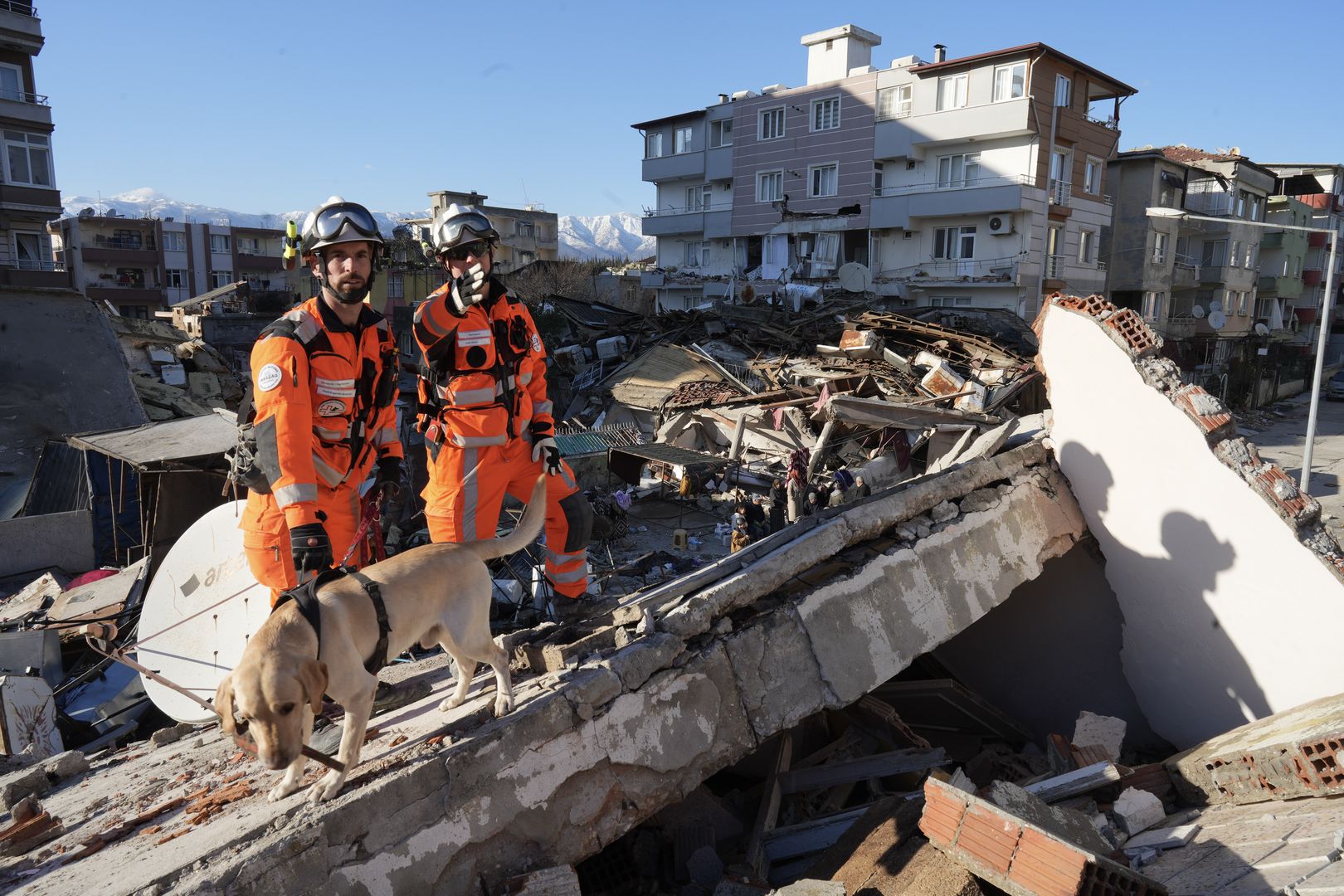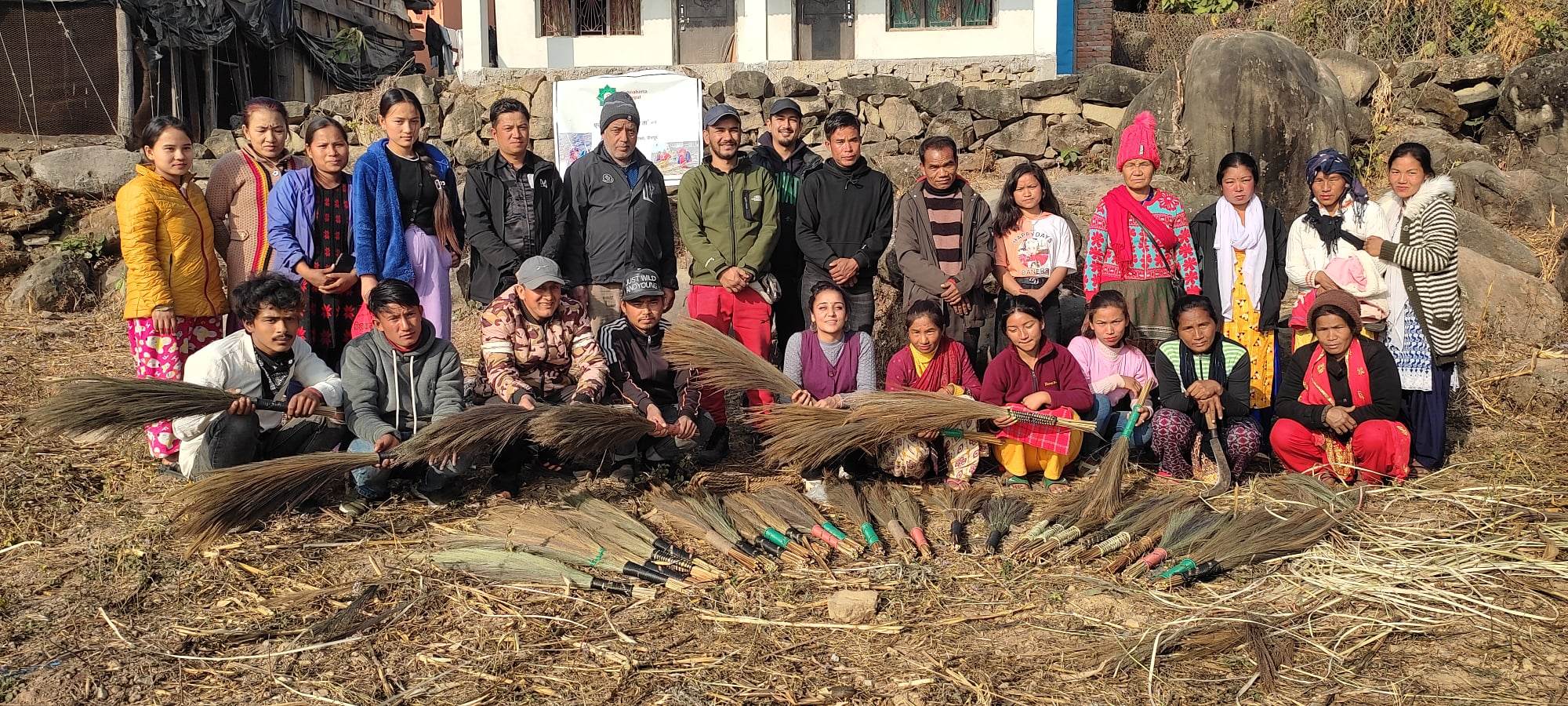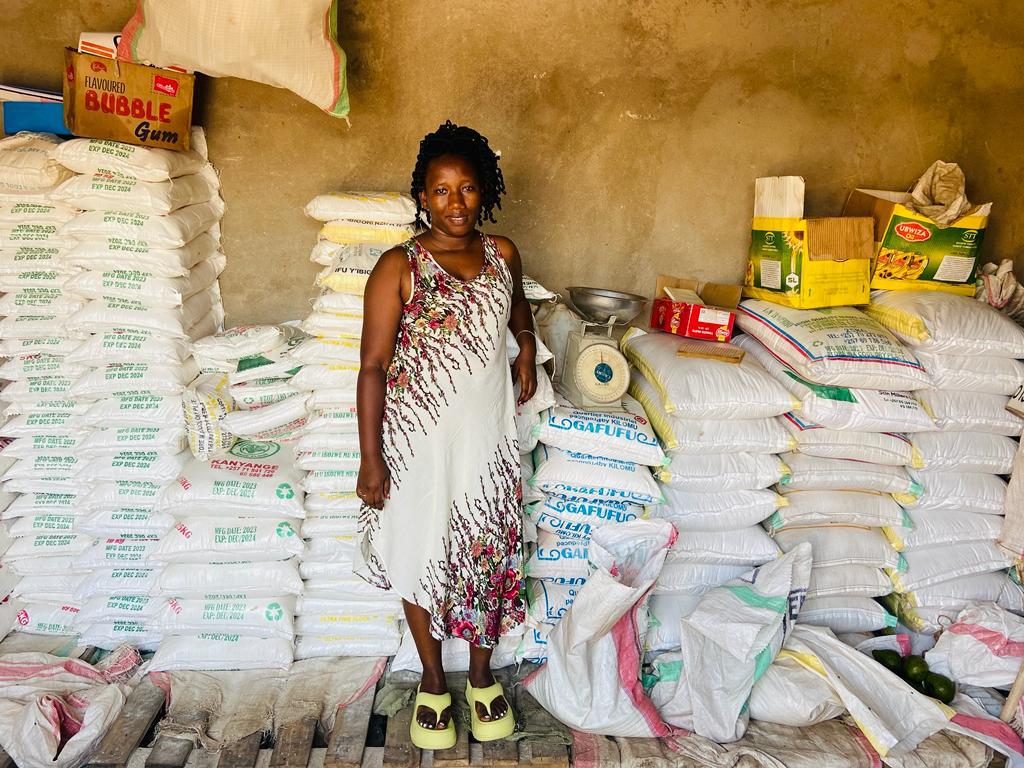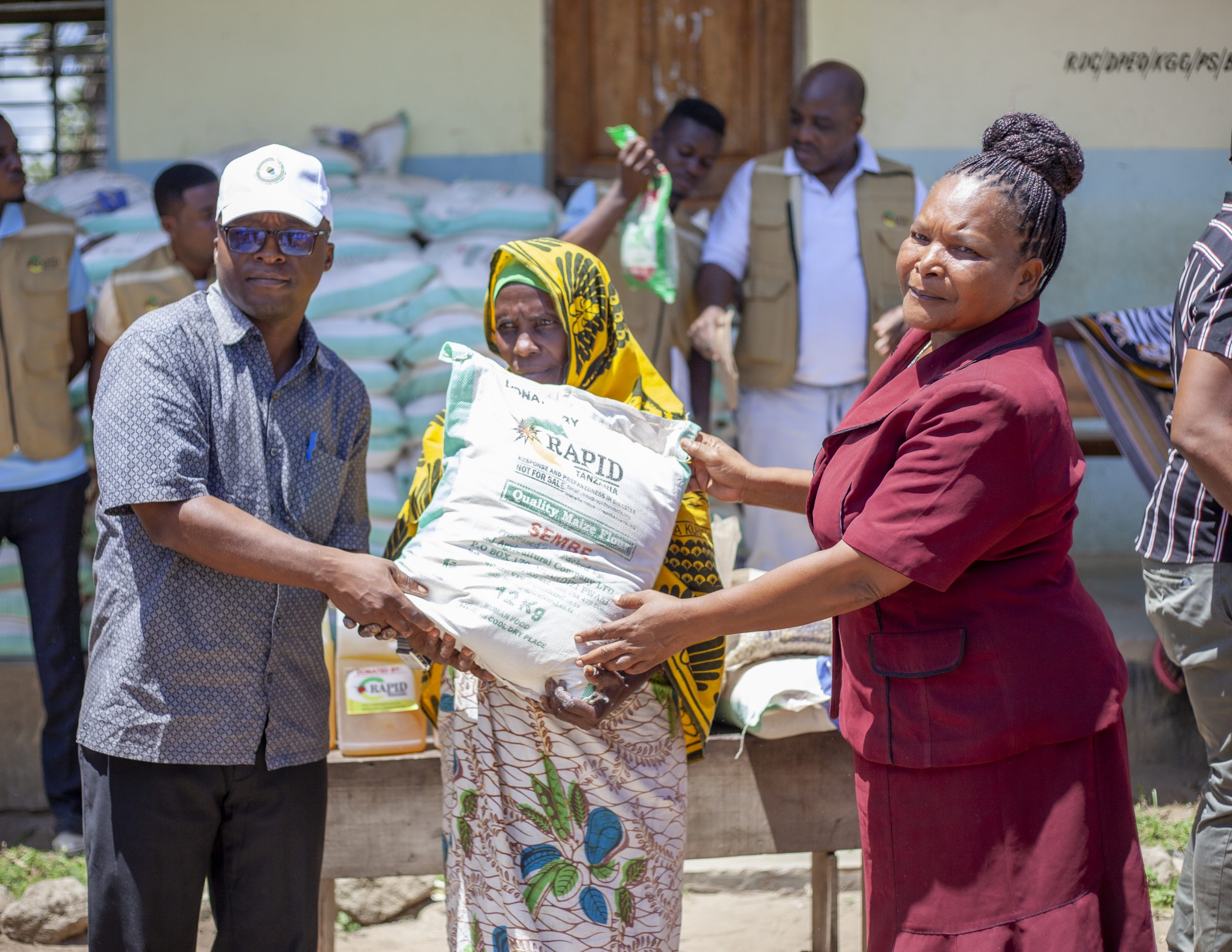
During April 2024, intense flooding devastated coastal areas of Tanzania, including the district of Rufiji, where this project is based. In addition to loss of life, the floods caused widespread damage to infrastructure, homes, farms and crops.
Overall, an estimated 90,000 people were severely impacted by the flooding, many of whom continue to lack basic humanitarian services. In particular, women, the elderly and the less able remain vulnerable to food scarcity and disease.
RAPID Tanzania’s project has two key elements. The first focuses on food security. The short-term ambition is to provide basic foodstuffs including flour, rice and cooking oil to the hungry. Then, to help rebuild livelihoods, the program will deliver vital agricultural inputs, including fast-growing seed varieties for immediate planting.
The second element will better prepare the community for future natural disasters, by exploring new income-generating activities and building the knowledge and skills of the local community in disaster-resilience strategies.
RAPID Tanzania is targeting 150 families – or around 1,050 beneficiaries – to participate in both elements of the program. In addition, RAPID estimate there will be thousands more indirect beneficiaries, as the beneficial effects of improving health, financial resources and resilience in the core group spread more widely across the region.
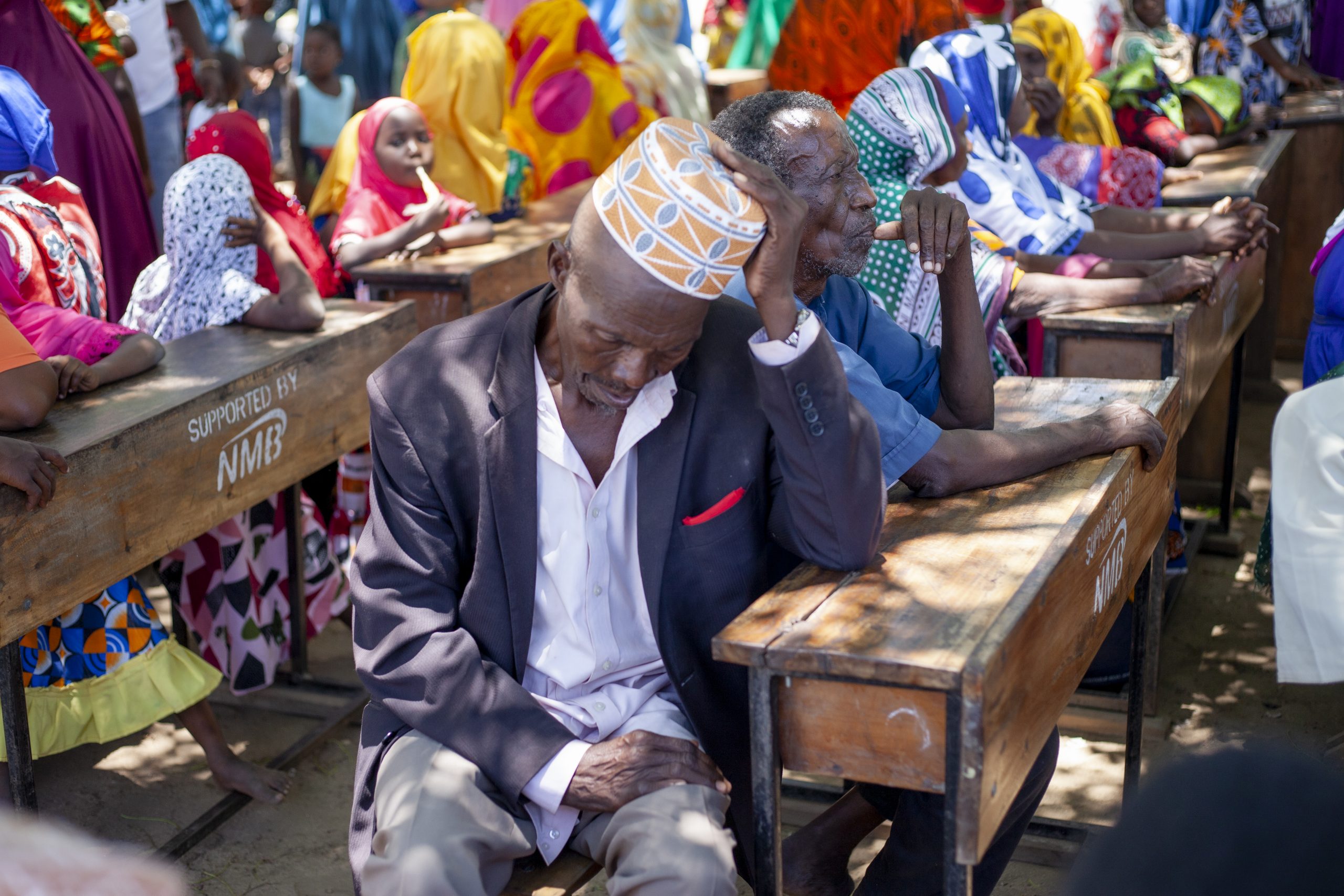
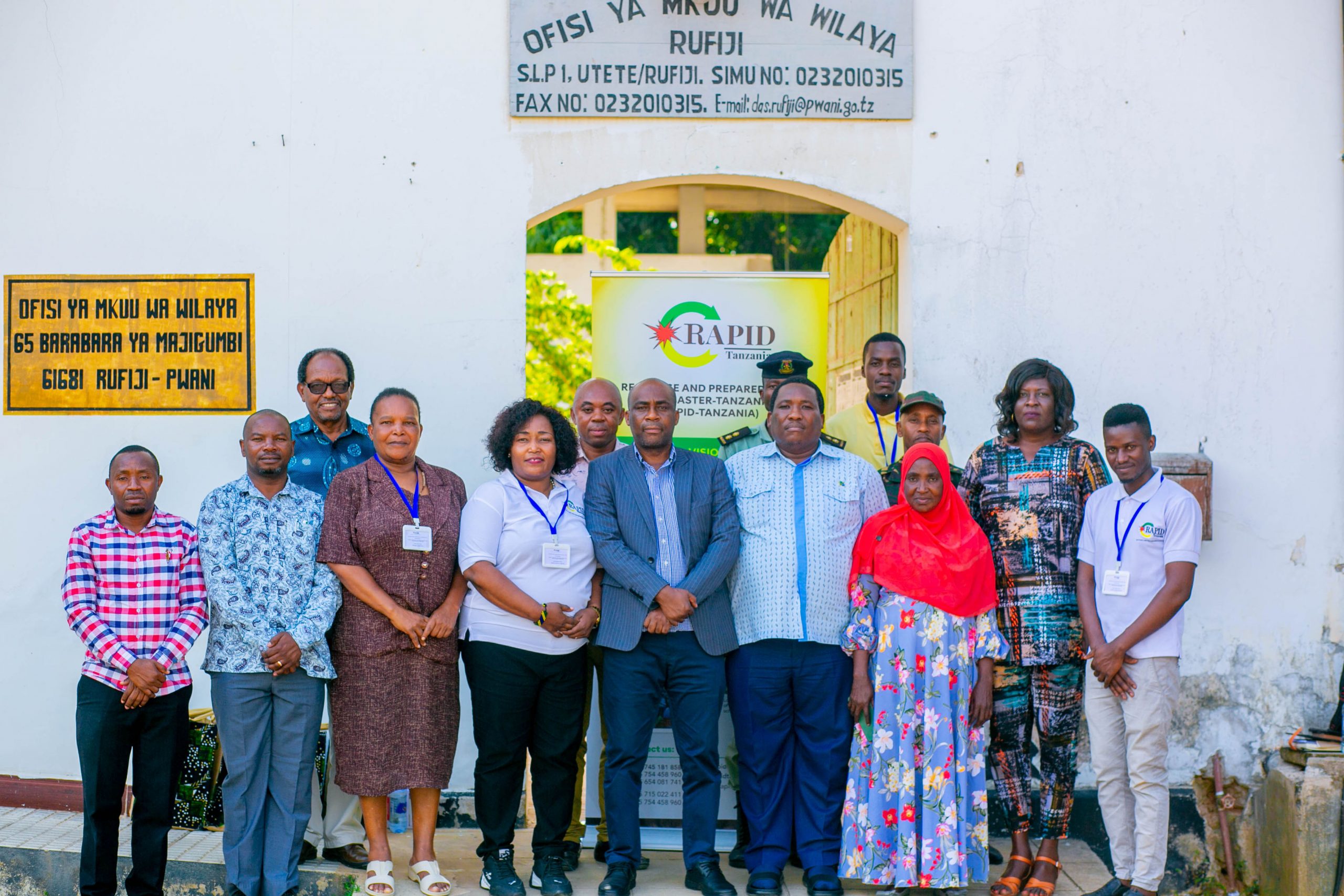
OVER 20 YEARS OF INVESTMENT IN DISASTER MANAGEMENT INITIATIVES
Countries where we have supported our partners’ work in response to a growing range of threats to life and livelihood
Million USD invested since 2001 to help communities better prepare for – and recover from – natural and man-made disasters
Projects addressing a broad range of challenges, including mine-clearance, emergency shelter, resilient housing solutions and capacity building

